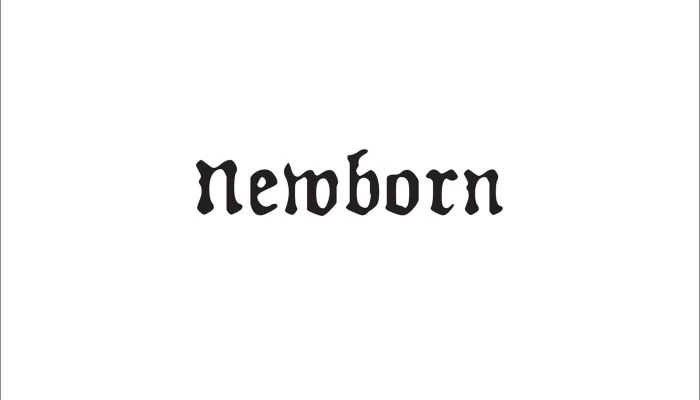
By Agustin Maes
She stepped down off the curved bridge the way she had come. The morning sun was higher in the sky, the air tinged with the beginnings of what dry summer heat the day would bring. Bitsy went to the bench and retrieved her tote bag and walked back down the path away from the park toward the shopping center. She saw that the bakery’s lights were on, the door open and the outdoor tables and chairs she had seen inside the shop now arranged and ordered along the walkway. A young woman in a white chef’s coat stood outside, leaning against one of the windows, smoking. Bitsy smelled fresh bread as she drew closer and felt her stomach grumble. She kept her head down, not wanting to be seen even though she knew she would be unable to pass unnoticed.
“Morning,” the woman said cheerily, the double row of buttons on her uniform flashing the rising sunlight in little crescent moons.
Bitsy turned her tear-flushed face and smiled weakly in response, lips pursed upward into a thin line. The girl’s eyes were bloodshot, the blue shirt she wore dirty and flecked with burrs. A skin of dry blood stained the insides of her slender legs, flaked and brown like the peeling remnants of sunburn.
The woman’s forehead wrinkled and she dropped the butt of her cigarette, grinding it out with the toe of her shoe as she stepped toward Bitsy. “You okay?” she said.
“I’m fine,” Bitsy said almost inaudibly, her voice hoarse. She made to hurry on but in her extreme exhaustion could muster no faster pace.
The woman walked beside her, “You sure?” She motioned at the hand Bitsy had wrapped in a towel, “Looks like you hurt yourself.”
Bitsy tilted her head down, silent.
“I’ve got some extra apple Danish today,” the woman said, a reserved smile of concern on her face. She moved to stand in front of the girl so that Bitsy was forced to stop. The woman squatted down and looked up in an effort to see Bitsy’s downturned, hair-covered face. “You sure you’re alright?”
“Yeah. Yes.”
The woman reached out and took Bitsy’s unbound hand and stood, leading the girl toward a chair. Bitsy let her, too weak and without energy or morale to object, glad to be able to sit down. “Be right back,” the woman said. She smiled again but Bitsy made no response, staring at leafy tree designs wrought into the iron tabletop. When the woman returned a moment later, she placed a pink box tied with string on the table where the near insensible girl slouched in a daze. She lifted Bitsy’s hand and placed a cookie wrapped in waxed paper in her dirty palm, a glazed red berry at its center. “This one’s for now,” the woman said. She jerked her head toward the box, “You take these Danishes home, okay?”
“Okay,” Bisty replied wearily.
“You have a place to take them?”
“Yeah,” Bitsy said, getting up, taking the box by its string. “Thank you,” she said softly.
The woman watched the girl disappear around the corner toward the shopping center walkway and then sat down where Bitsy had been, drawing another cigarette from a pocket and lighting it. She supposed the girl was coming down off drugs, out all Friday night on a high. But then she began to worry that the girl might have been beaten. Or worse. She thought to call the police, unsure if doing so would be unduly meddlesome, remembering the drug-induced things she herself had done in her own recent adolescence until her break time ended and she walked back into the bakery.
Related Feature: One Question: Agustin Maes
Agustín Maes was born in New Mexico where his ancestors settled in the 1630s and grew up in northern California thirty miles north of San Francisco. In 2011, Newborn was chosen as a runner-up for the Paris Literary Prize, sponsored by Shakespeare and Company and the de Groot Foundation. His work has been published in The Gallatin Review, Blue Mesa Review, Ontario Review, Turnrow, The Other Journal, anthologized in New Stories from the South: The Year’s Best, and cited in The Best American Mystery Stories. His work has also been translated into French, and into Arabic for Albawtaka Review, an Egyptian quarterly. Maes was the 2009-2010 Milton Fellow at Seattle Pacific University. He resides in Oakland, California.
